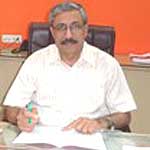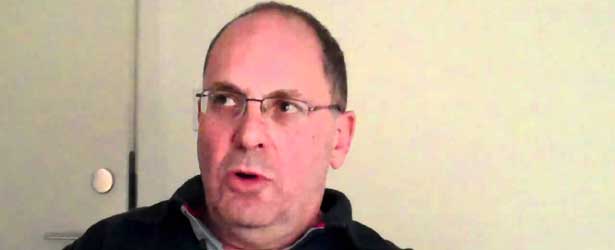The American Medical College of Homeopathy – AMCH has sponsored a 5-Session Course featuring sessions with some of today’s most respected homeopaths from around the world. This 10-hour course will be presented in a series of 5 live webinar sessions.
Dr. RK Manchanda – Director General of Central Council of Research in Homoeopathy
Dr. R.K. Manchanda, has joined as Director General of Central Council of Research in Homoeopathy (CCRH India) on 3rd July 2012. A dynamic person, an able administrator, a researcher, an … continue reading


